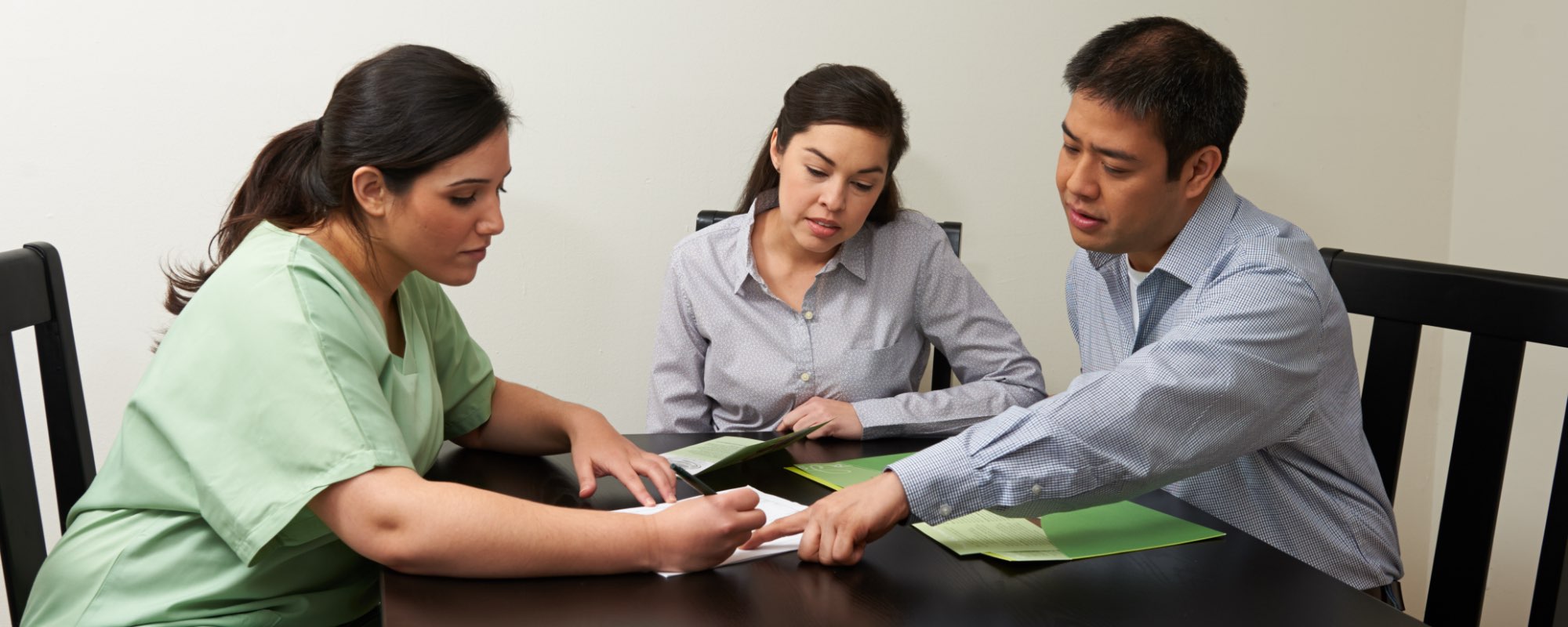
Coping with Rapid Health Declines in Terminal Illness Patients
Facing a terminal illness, whether personally or as a caregiver, can be overwhelming. The unpredictable nature of rapid health declines can add to the stress and emotional toll. Understanding how to cope with a terminal diagnosis, support a loved one, and navigate the emotional journey can provide comfort and clarity during such a difficult time. This article offers practical guidance, reassurance, and resources for managing sudden or unexpected changes.
Tips on How to deal with terminal illness.
A terminal diagnosis brings a mix of emotions, fears, and uncertainties. Witnessing a rapid decline amplifies that even more so. Here are tips to help cope with a rapid decline in a terminal illness:
- Acknowledge Your Emotions: It's normal to feel grief, anger, sadness, and fear. Accepting these emotions can help you process them more effectively. This is true even if you went through these emotions at the point of the initial diagnosis.
- Seek Support: Lean on family, friends, support groups, or professional counselors who can offer emotional and practical support.
- Focus on Comfort and Quality of Life: Prioritize symptom management and other benefits of hospice care to ensure a peaceful and dignified experience.
- Communicate Openly: Share your thoughts and feelings with loved ones. Letting others know your wishes can alleviate stress for everyone involved.
- Engage in Meaningful Activities: Whether it’s writing letters, recording memories, or spending time with loved ones, finding purpose can bring comfort and peace.

How to help your loved one cope with a terminal diagnosis.
Caring for a loved one with a rapidly declining terminally illness is one of life’s most challenging experiences. Here are some tips for coping with a terminal illness:
- Accept Help: Don’t hesitate to rely on family, friends, or hospice support to share the caregiving responsibilities.
- Take Care of Yourself: Managing your own physical and emotional health is crucial to being an effective caregiver. You may be needed even more so toward the end.
- Make the Most of Your Time Together: Focus on meaningful conversations, reminiscing, and shared experiences.
- Prepare for the Future: If you haven’t already, be sure to discuss end-of-life wishes, legal matters, and funeral arrangements.
- Seek Grief Support: Connecting with counselors, hospice bereavement programs, or support groups can help you process emotions during this time.
Managing sudden or unexpected health declines.
For many patients dealing with terminal illnesses, unexpected health declines can occur. Families and caregivers should be prepared with the following strategies:
- Establish an Emergency Plan – Work with healthcare providers to develop a plan for sudden changes in condition, including who to call and what steps to take.
- Keep Essential Medications on Hand – Having pain relief and symptom management medications readily available can help manage crises at home.
- Know the Signs of Rapid Decline – Symptoms like difficulty breathing, increased confusion, extreme fatigue, or sudden pain should be addressed immediately.
- Have Support Contacts Ready – Ensure that hospice providers, doctors, and family members are easily reachable in case of emergencies.
- Utilize Hospice Crisis Care – Many hospice programs, including Crossroads Hospice & Palliative Care, offer continuous crisis care to manage severe symptoms and provide comfort at home.

How hospice can help.
Hospice care is designed to support individuals dealing with terminal illness by prioritizing comfort and quality of life. When there is a rapid decline, a good hospice provider like Crossroads will increase their patient visits.
Assistance from hospice teams should include:
- Pain and symptom management to ensure comfort
- Emotional and spiritual support for patients and their families
- Bereavement support for families coping with loss
It’s important to note that loved ones should not wait for a rapid decline before contacting hospice. The above benefits can improve quality of life for all involved well before it gets to the end.

How Crossroads can help.
At Crossroads Hospice & Palliative Care, we specialize in providing compassionate, individualized care to those facing terminal illness. Our services include everything mentioned above plus:
- Personalized care plans tailored to the patient’s needs
- A dedicated care team that includes nurses, social workers, and chaplains
- 24/7 availability to address urgent needs and rapid health declines — less trips to the ER
- Unique life-celebrating programs like Gift of a Day and Life Journals
If you or a loved one is experiencing rapid health decline from a terminal illness, Crossroads is here to help. Contact us via any of the options at the top of this page to learn how we can support you during this time.
One last thought on coping with rapid health declines in terminal illness patients.
Sometimes a decline can occur rapidly, faster than loved ones or even the doctor expected. When this happens, the many emotions of a terminal diagnosis may get expedited. If you don’t already have a hospice provider, consult one immediately. No one should try to get through this without expert support.
Remember that Crossroads is a call, chat, or form fill away.
